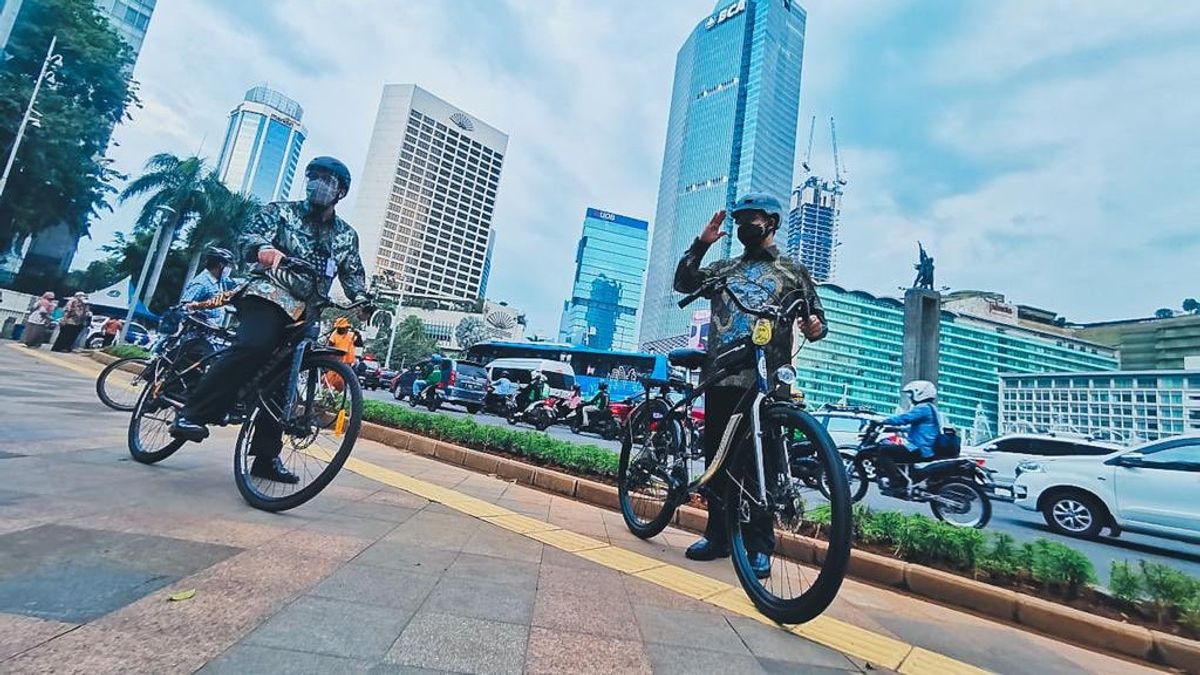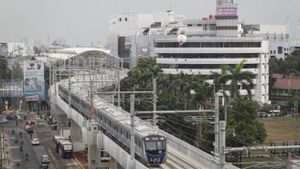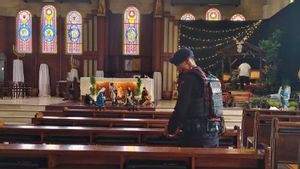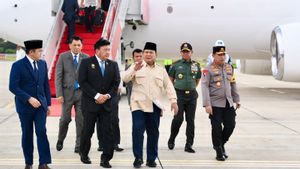JAKARTA - DKI Jakarta Governor Anies Baswedan announced that he was confirmed positive for COVID-19 in a swab test on Monday, December 30. Anies suspected that he had contracted COVID-19 from DKI Jakarta Deputy Governor Ahmad Riza Patria, who was first infected with the corona virus.
Meanwhile, Riza was detected as having contracted COVID-19 as of Friday, November 27 from her personal staff, who first caught it through the family cluster.
"After hearing the news that the Deputy Governor was positive, while we had a fairly close interaction, according to the health protocol I returned to the test," Anies said in his statement, Tuesday, December 1.
Anies underwent an antigen swab on Sunday, November 29th as tracing of Riza's positive case and the results were negative. Then, Monday, November 30, Anies again underwent a PCR swab to confirm the previous antigen results.
"It turned out that in the morning I got the news that the results were positive, my PCR test was positive for COVID-19," said Anies.
Seeing the two DKI leaders who have been claimed to have implemented health protocols and eventually contracted the corona virus, does DKI need to pull back the emergency brakes with the strict PSBB as before?
Responding to this, an epodemiologist from the University of Indonesia, Tri Yunis Miko Wahyono, considers that the condition of regional leaders who have contracted COVID-19 cannot be an indicator to pull the emergency brake.
"The indicator for determining the emergency brake is not because the governor and deputy governor are positive for COVID-19. The emergency brake is withdrawn if the capacity of health services such as care and isolation beds is full, then the COVID-19 cases increase sharply," said Miko to VOI, Wednesday, December 2. .
Miko said, the positive cases that hit the two DKI leaders were a signal that there was an unequal distribution of COVID-19 contact tracing.
Anies and Riza are in the positive category for COVID-19 without symptoms (OTG). They were tracing routinely as regional leaders even though they did not have COVID-19 symptoms.
Unfortunately, this tracing effort was not carried out on all residents. Not only in DKI, but also in all provinces throughout Indonesia.
"Last April, contact tracing was able to reach 20 to 30 people from one positive case. Now only 2 to 10 people. That's down a lot. It should be, this tracing needs to be repaired. Not only in DKI, yes, in all provinces around the world. -Indonesia." Miko explained.
"Correct contact tracing must be carried out, not only for symptomatic people. The purpose of contact tracing is to see the pattern of disease spread, not the sick person. If the pattern of transmission cannot be read, breaking the chain of transmission will be difficult," he added.
The English, Chinese, Japanese, Arabic, and French versions are automatically generated by the AI. So there may still be inaccuracies in translating, please always see Indonesian as our main language. (system supported by DigitalSiber.id)










